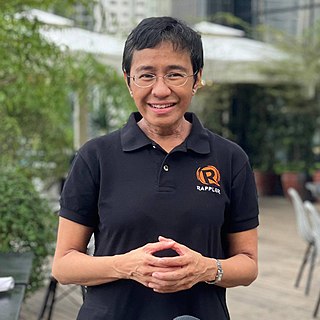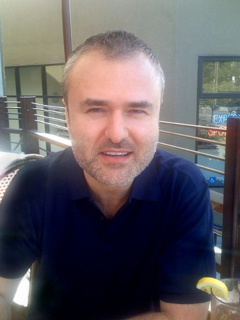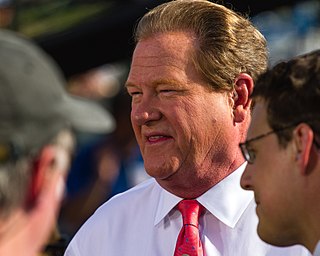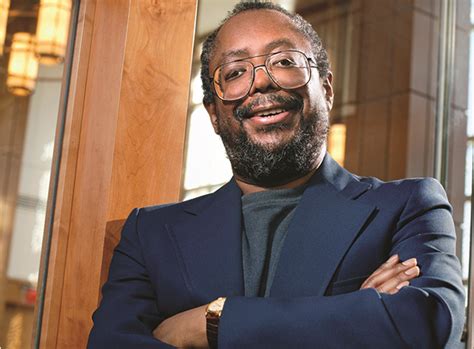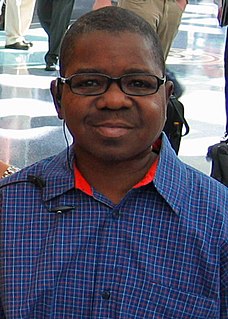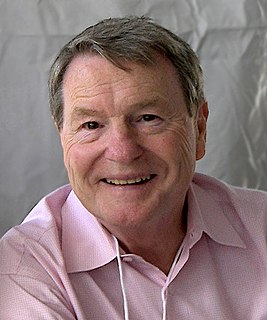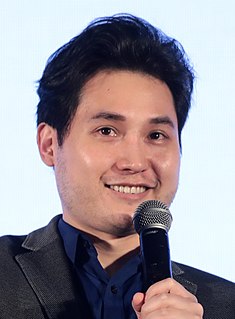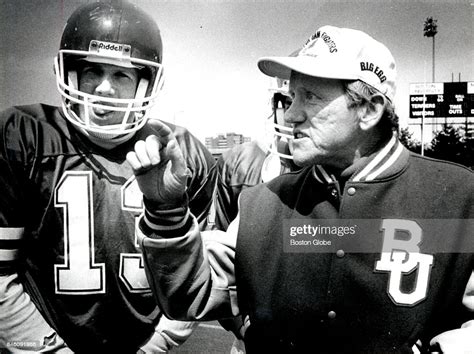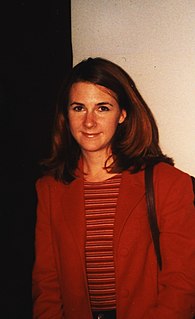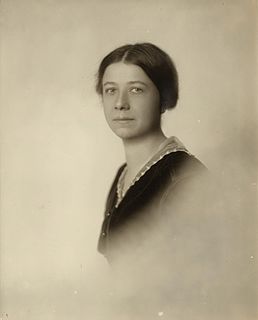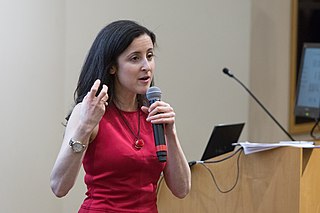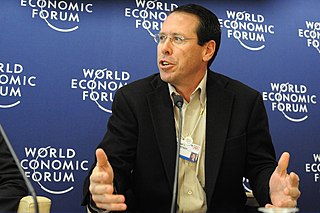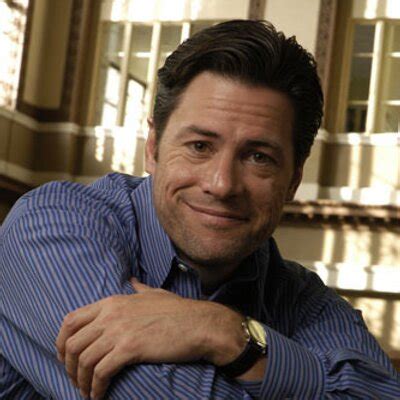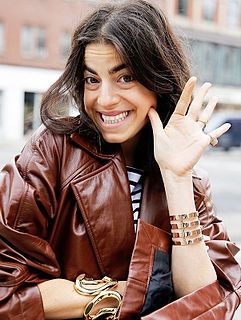Top 1200 Investigative Journalism Quotes & Sayings - Page 19
Explore popular Investigative Journalism quotes.
Last updated on December 19, 2024.
The Peña Nieto government is not going to investigate itself; there's no true autonomy in the investigative and justice branches of the government in Mexico. The recent Mexican crimes and scandals, is profoundly structural, and you'd have to change the way Mexico is run, create a truly independent special prosecutor's office, to even have a chance to get close to achieving justice. People, including the families and many others throughout Mexican society, aren't going to give up in fighting for just that kind of change.

